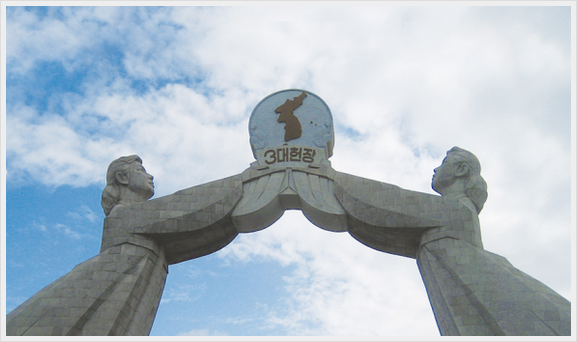
Photo: RF1
Seeing is believing–an exclusive look inside North Korea’s cities
15 March 2014
by Richard Forster

Photo: RF1
15 March 2014
by Richard Forster
Not much is known about Pyongyang other than it has attracted visits from famous US basketball players, the chairman of Google and former US President Bill Clinton. Richard Forster visited the North Korean capital to speak with city administrators about urban development and their desire to forge links with other cities.
It is 6.15 am when the trill of the 1970s phone announces that it is time to get up. I am used to being woken by my iPhone but here my mobile does not work so it is switched off inside my suitcase. There is no phone signal and no Internet. I am told I am lucky to even have my mobile as they used to be confiscated at the airport and returned on your departure.
“Come to br...
Unregistered users have limited access to our stories. Register for free now to enjoy Cities Today without restrictions.
Already a subscriber?
| Cookie | Duration | Description |
|---|---|---|
| cookielawinfo-checbox-analytics | 11 months | This cookie is set by GDPR Cookie Consent plugin. The cookie is used to store the user consent for the cookies in the category "Analytics". |
| cookielawinfo-checbox-functional | 11 months | The cookie is set by GDPR cookie consent to record the user consent for the cookies in the category "Functional". |
| cookielawinfo-checbox-others | 11 months | This cookie is set by GDPR Cookie Consent plugin. The cookie is used to store the user consent for the cookies in the category "Other. |
| cookielawinfo-checkbox-necessary | 11 months | This cookie is set by GDPR Cookie Consent plugin. The cookies is used to store the user consent for the cookies in the category "Necessary". |
| cookielawinfo-checkbox-performance | 11 months | This cookie is set by GDPR Cookie Consent plugin. The cookie is used to store the user consent for the cookies in the category "Performance". |
| viewed_cookie_policy | 11 months | The cookie is set by the GDPR Cookie Consent plugin and is used to store whether or not user has consented to the use of cookies. It does not store any personal data. |
You have reached the limit for the basic subscription. Please upgrade to Premium to download more
You have reached the limit for the basic subscription. Please upgrade to Premium to save more

